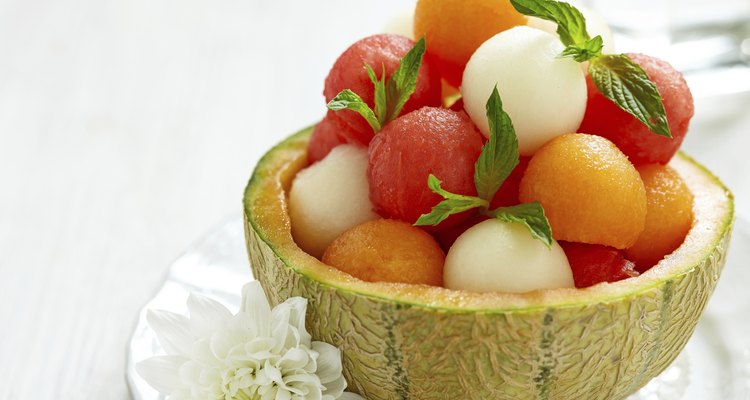
Azurita/iStock/Getty Images
With origins tracing back 5,000 years in India, Ayurveda is one of the oldest natural health systems in the world. Ayurveda embraces the concept of "doshas," or body types, which describe an individual's physical traits, personality and dietary needs. "Pitta" is one of three primary doshas recognized in Ayurveda. According to AyurBalance, individuals of this type have average-sized body frames, fair or ruddy skin and a high degree of ambition. In Ayurvedic belief, those with a pitta dosha should consume specific foods and herbs -- known as the pitta dosha diet -- to "balance" the characteristics of pitta.
Function
The function of a pitta dosha diet is to keep the qualities of the pitta dosha in balance, allowing individuals with this body type to experience better health. According to AyurBalance, signs that the pitta dosha is out of balance include a critical, irritable and impatient mood; feelings of obsession regarding work, projects and other endeavors; difficulty falling asleep or sleeping restfully through the night; inflamed or acne-ridden skin; acid reflux and heartburn; abnormal hair loss; frequent thirst; and an inclination towards outbursts of anger and aggravation. A pitta dosha diet aims to quell these symptoms.
What to Eat
The pitta diet emphasizes sweet, cool and juicy items, which Ayurvedic practitioners believe keeps the pitta dosha in balance. A pitta diet should be high in fresh plant foods and low in meat and seafood. According to Jiva Ayurveda, optimal food choices for a pitta diet include all varieties of beans; coconut products; pumpkin and sunflower seeds; vegetables and raw salads; sweet, juicy fruits; fresh dairy products; grains such as wheat, barley, rice and oats; and oils made from coconut, soy or sunflower. Allowable spices include cardamom, coriander, dill, lemongrass, mint, rose, cumin, fennel and turmeric. Cool drinks--such as coconut milk, cold water, fruit juice and vegetable juice--are embraced on a pitta diet.
Conversely, Jiva Ayurveda states that a pitta diet should minimize or exclude acidic, spicy, oily, salty and sour foods, specifically avoiding most nuts, bitter fruits, lentils, sour dairy products, pickled vegetables, hot or carbonated beverages and alcohol.
Benefits
A pitta diet may help individuals of this type to regain health and fully exhibit the positive qualities associated with pitta. When the pitta dosha is in balance, the National Institute of Ayurvedic Medicine states that individuals experience excellent vision, a good skin complexion, healthy coloration in the face, lustrous hair, a courageous and cheerful attitude, a high degree of discipline and responsibility, strong digestion and effective regulation of body temperature.
Lifestyle Recommendations
According to the Seattle-based Life in Balance Ayurvedic Rejuvenation Center, individuals are particularly likely to experience a pitta imbalance during the summer months, making this season ideal for adopting a pitta diet. In addition to eating foods Ayurveda prescribes for balancing the pitta dosha, the Life in Balance Center recommends that pitta individuals perform gentle yoga poses upon awakening, meditate to regain a sense of peace and balance, wear light-hued clothing rather than red and yellow shades and engage in relaxing activities such as swimming and walking in nature. Combined with a pitta dosha diet, these lifestyle practices may help individuals with this dosha maintain optimal health, the Life in Balance center explains.
Effectiveness
Despite its popularity--and longevity--as a medical system, Ayurveda lacks solid scientific research, and the effectiveness of the pitta dosha diet remains anecdotal rather than clinically proven. As the National Center for Complementary and Alternative Medicine (NCCAM) explains, existing analyses of Ayurvedic approaches such as dosha-balancing diets are generally too small, poorly executed or blemished with design flaws to be conclusive, and therefore should not replace more rigorously tested health treatments. NCCAM recommends seeking the guidance of a qualified Ayurvedic practitioner before attempting Ayurvedic remedies or diets, rather than embarking on such treatments unsupervised.
Related Articles

High-Alkaline, Low-Acid Foods

What Is an Alkaline Ash Diet?

Can Age Spots Be Reversed?

Qi Diet

How to Look More Masculine in the Face

Foods to Prevent Jaundice
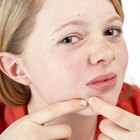
How to keep your face smooth and ...
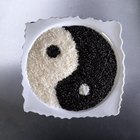
Yin Yang Foods List

How to Reduce Redness

Types of Amber Wine

Coptic Orthodox Dress Etiquette
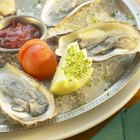
Symptoms of Food Poisoning With Oysters

Vitamins for Mental Alertness

What Foods Provide Calcium D-Glucarate?
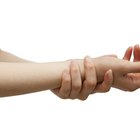
Foods That Are Good for Arthritis Pain ...

What Are the Benefits of Tea Tree Soap?

Uneven Hair Growth
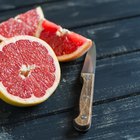
What Are the Benefits of Grapefruit for ...

The Hippocrates Diet

The Effects of the Silent Treatment
References
Writer Bio
Denise Minger, an independent researcher, writer, editor and public speaker, published her first book, "Death by Food Pyramid," in January 2014. Passionate about health, she runs a blog at rawfoodsos.com dedicated to debunking bad nutritional science, and offers health consultations for individuals with special dietary goals.
Photo Credits
Azurita/iStock/Getty Images